
The ASAM Treatment of Opioid Use Disorder Course
- Registration Closed

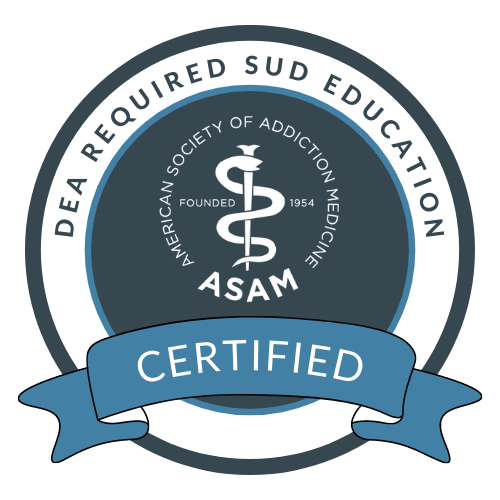
Updated January 2021
Online Course
Overview
This 8-hour online course covers treating opioid use disorder by using interactive, case-based learning to teach evidence-based practices and also provides the education needed to prescribe buprenorphine.
Please Note: That recent legislation has removed the waiver requirement to prescribe buprenorphine. Some of the course content and descriptions refer to the waiver and we appreciate your patience as we work to update this content. To learn more about federal buprenorphine prescribing regulations, check out Policies Governing Buprenorphine for Opioid Use Disorder.
The target audience for this introductory-level course includes: Physicians, Nurse Practitioners, Physician Assistants, Certified Nurse Midwives, Certified Registered Nurse Anesthetists, and Clinical Nurse Specialists who wish to prescribe buprenorphine in an office-based setting for opioid use disorder.
This activity addresses the following ACGME Competencies: Patient Care and Medical Knowledge.
Learning Objectives
- Identify, assess, and diagnose patients with opioid use disorder while considering severity, chronicity, individual characteristics, and psychiatric and medical comorbidities.
- Develop an individualized, patient-centered treatment plan, including negotiating treatment goals by evaluating appropriate medication- and psychosocial-based treatment options.
- Monitor progress and modify treatment plans based on patient needs and progress toward treatment goals.
- Implement best practices for office systems, including team-based care, to support treatment with medications for opioid use disorder.
- Examine misconceptions, stigma, and complexities (bioethical, social, clinical, public health) associated with opioid use disorder and the use of medications to treat opioid use disorder.
DEA Education Requirement
As an accredited organization named in Section 1263 of the Consolidated Appropriations Act of 2023, ASAM certifies that completion of this course meets the DEA requirement for 8 hours of education on substance use disorder(s).
Registration Rates
| ASAM Learner Type | Rate |
| ASAM Member | $149 |
| Non-Member | $199 |
| Associate Member | $99 |
| Resident Member* | $99 |
| Student Member* | $99 |
*Residents, Fellows-in-training, Interns, and Students must join ASAM to receive a discounted registration rate. Click here to become an ASAM member. National and Chapter membership dues apply. There is no charge for Students to become a Member, but verification of student status is required.
Membership Question? Call ASAM at 1.301.656.3920, email us, or view the ASAM website for more information.
Refunds & Cancellations
All ASAM e-Learning Center refund requests must be made in writing to Education@ASAM.org within 90 days of purchase. Those requesting refunds for courses that are in progress will receive partial refunds or e-Learning Center credit. Automatic full refunds will be made for any course with a live-course component that has been cancelled.
This content has been made available in part by a small unrestricted educational grant from Indivior, Inc. No input or influence from Indivior, was included in the development of the educational content. As an ACCME Provider, ASAM follows the ACCME Standards for Integrity and Independence for Accredited Continuing Education stating that owners and employees of ineligible companies are excluded from participating as planners or faculty, and must not be allowed to influence or control any aspect of the planning, delivery, or evaluation of accredited continuing education.
Course Instructions
- Click on the Contents tab to begin this activity.
- Click Complete Post Test to answer multiple choice questions. Participants will have 10 attempts to pass and must answer 17 out of 24 questions correctly.
- Click Complete Evaluation to provide valuable activity feedback. Scroll down on all questions as there may be answer options that expand past the size of the window.
- Click the button Claim Medical Credits in the box titled Claim Credits & Certificate. Choose the type of credit and click submit. Click the button View/Print Certificate to save or print your certificate. You can view/print your certificate at any time by visiting the ASAM eLearning Center, clicking Dashboard, and clicking Transcript/Achievements.
Need Assistance?
For assistance logging in, accessing activities, claiming credit, or for other questions or concerns, please check the FAQ page or e-mail Education@ASAM.org
ASAM is proud to offer eSSENTIAL Accessibility to ensure our website is accessible and functional for all our learners while providing free assistive technology for people with the widest possible range of abilities.
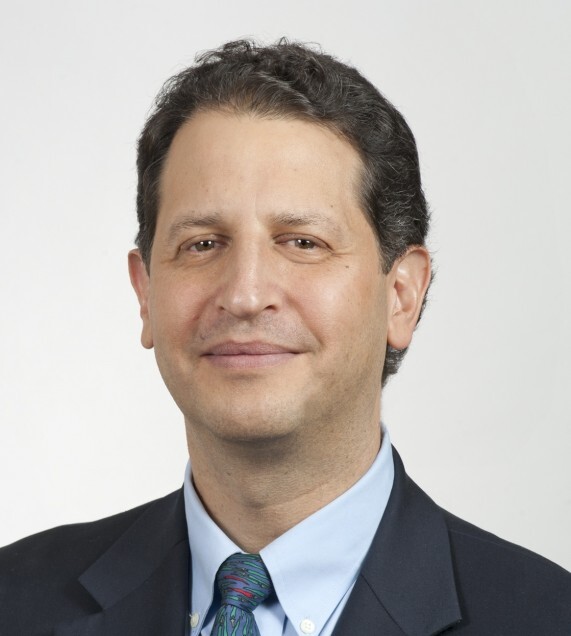
Dan Alford MD,MPH
MD, MPH
Daniel P. Alford, MD, MPH is Professor of Medicine, Associate Dean of Continuing Medical Education and Director of the Safe and Competent Opioid Prescribing Education (SCOPE of Pain) program at Boston University School of Medicine (BUSM). He is on staff in the Section of General Internal Medicine and director of the Clinical Addiction Research and Education (CARE) Unit at Boston Medical Center (BMC). He is also Medical Director of the Boston University Evidence-based SBIRT Student Training (BESST) Project and the Boston Medical Center’s Massachusetts SBIRT Training and Technical Assistance (MASBIRT TTA) program. He is past-president of the Association for Medical Education and Research in Substance Abuse (AMERSA). He is course director of the BUSM Immersion Training Programs in Addiction Medicine funded by the National Institute on Drug Abuse (NIDA). In 2011 he was recognized as a Champion of Change by the White House. In 2014 he received the American Medical Association “Award for Health Education” and in 2016 was awarded the Educator of the Year Award by the American Society of Addiction Medicine and the Award for Distinguished Contributions to Behavioral Medicine by the American College of Physicians. His clinical, educational and research interests focus on opioid use disorders and safe and competent opioid prescribing for chronic pain.
No relevant financial disclosures
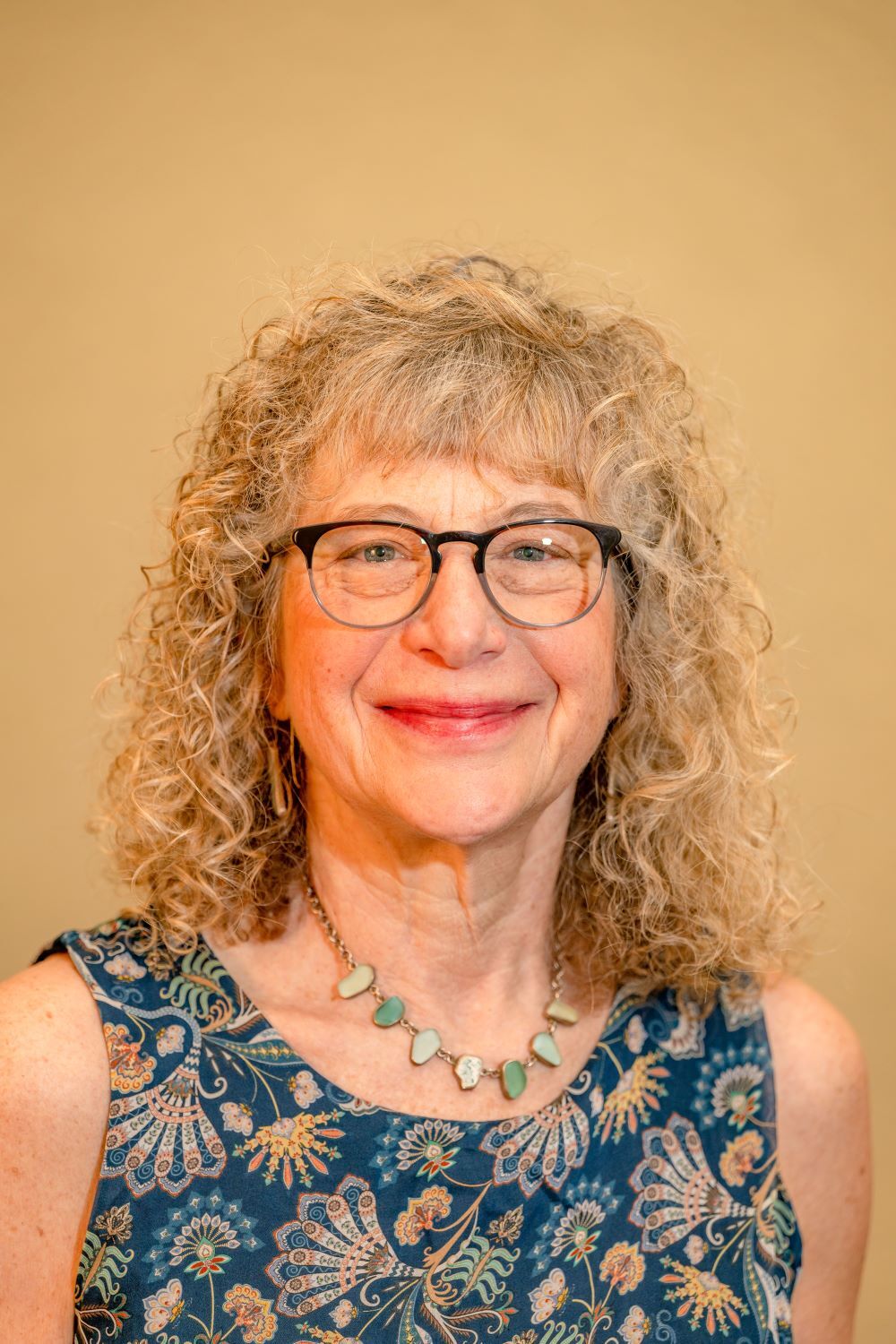
Debra Newman
PA-C, MPAS, MPH
Debra R. Newman, PA-C, MSPAS, MPH served as the Medical Practitioner for Adult Drug and Mental Health Treatment Courts in Santa Fe County, New Mexico for the over six years, and currently provides training and technical assistance for the NM Department of Therapeutic Justice. She formerly served in this role for the Rio Arriba (NM) Adult Drug and Mental Health Treatment Courts, and the Santa Fe County DWI Court. Debra was a 2017-2018recipient of the PA Foundation/NIDA-CTN Mentored Outreach Award in Treatment Dissemination: “Utilizing Psychiatric PA’s in Drug/Treatment Courts.”
Her passion for addiction medicine began with her association with Project ECHO while employed at a large FQHC in northern NM more than 15 years ago, a region historically plagued with the highest per capita heroin overdose death rate in the nation. Debra worked as the only full-time provider for patients struggling with SUDs.
Debra is the only PA to serve as a Lead Mentor for the Provider Clinical Support System (PCSS and serves as a Co-Editor for ASAM Weekly.
In her current role with Encompass Community Services, a non-profit organization in Santa Cruz, CA that provides services in behavioral health and family andsocial well-being, she is Lead Provider for outpatient SUD services.
No relevant financial disclosures

Yngvild K. Olsen
MD, MPH, DFASAM
Yngvild K. Olsen, MD, MPH, DFASAM graduated from Harvard Medical School in 1997, from the residency training program in internal medicine at Boston Medical Center in 2000, and from the Fellowship in General Internal Medicine at the Johns Hopkins School of Medicine in 2001. Dr. Olsen also serves as the Medical Director of the Institutes for Behavior Resources Inc/REACH Health Services in Baltimore City. Dr. Olsen currently serves as Vice President of the American Society of Addiction Medicine and is a member of the Public Policy Committee. She is the Immediate Past President of the Maryland Society of Addiction Medicine, Immediate Past President of the Maryland Association for the Treatment of Opioid Dependence, and a Board member of the National Council on Alcoholism and Drug Dependence-MD (NCADD-MD).
No relevant financial disclosures
.jpg)
Edwin Salsitz
MD, DFASAM
Dr. Edwin A. Salsitz has been an attending physician in the Mount Sinai Beth Israel , Division of Chemical Dependency, New York City, since 1983, and is an Associate Clinical Professor of Psychiatry at the Mount Sinai School of Medicine. He is the principal investigator of the Methadone Medical Maintenance (office-based methadone maintenance) research project. Dr. Salsitz is certified in Addiction Medicine by the American Board of Preventive Medicine, as well as by the Board of Internal Medicine and Pulmonary Disease. He has published and lectures frequently on addiction medicine topics.
Dr. Salsitz is a course director for ASAM sponsored Buprenorphine and REMS Opioid trainings, and is a lead mentor in the PCSS-MAT mentoring program. He has co-chaired the ASAM Review Course, the ASAM Common Threads Course, the ASAM State of the Art course and is a reviewer for the Journal of Addiction Medicine and Drug and Alcohol Dependence. He is the chair of the ASAM REMS course on safe and effective prescribing of opioids. Dr. Salsitz was the Co-chair of the ASAM CME committee and Chair of the New York Society of Addiction Medicine CME and Education committee.
Dr. Salsitz is a member of the medical advisory panel, for the New York State Office of Alcohol and Substance Abuse Services.
Dr. Salsitz is the recipient of the 2014 ASAM Annual Award, and the 2018 ASAM Annual Educator of the Year Award.
No Relevant Financial Disclosures
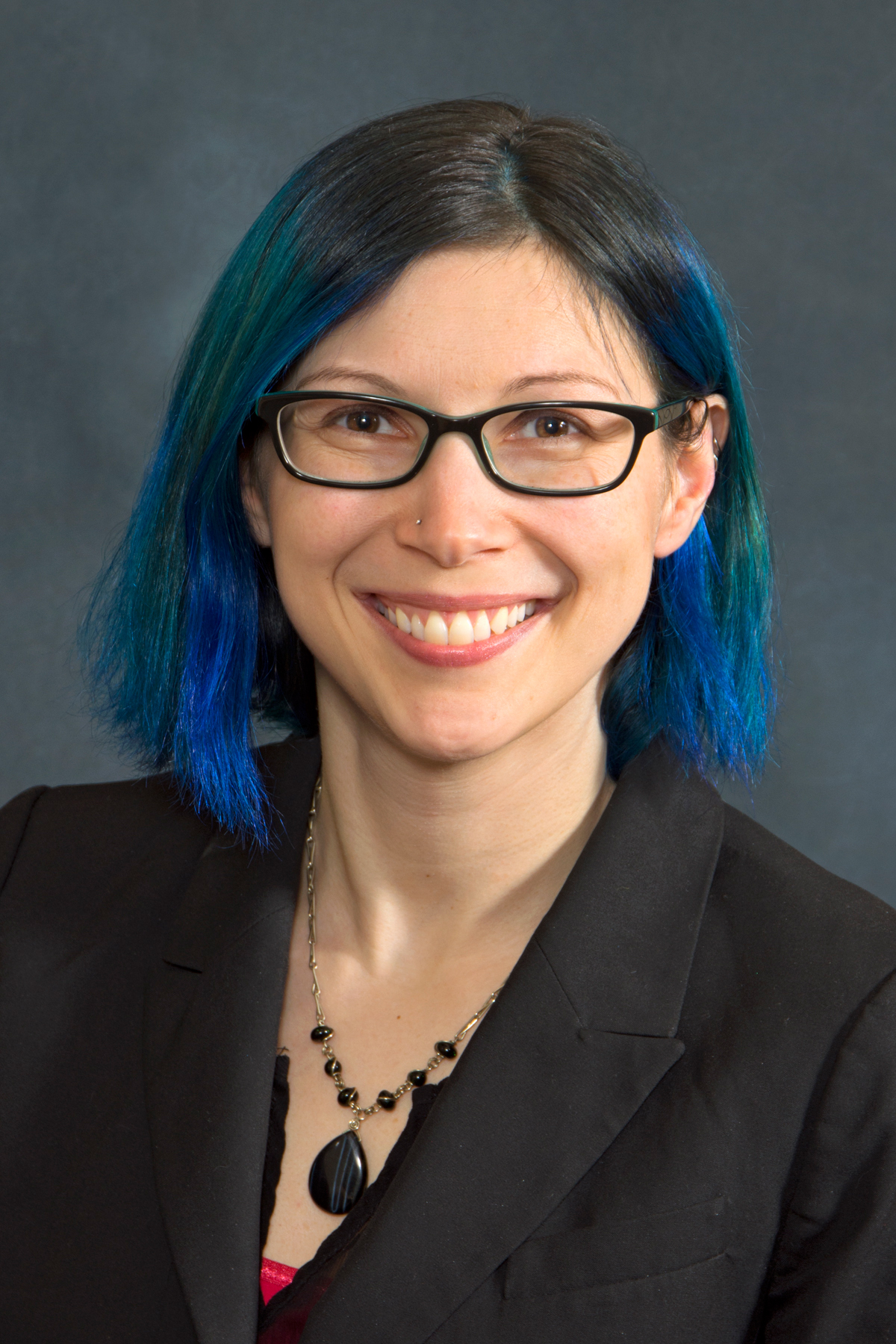
Kristin Smith
DNP, FNP-C
Kristin Smith graduated from St. John Fisher’s FNP/DNP program in May 2013. She is a staff clinician and the Program Director of a Nurse Practitioner (NP) Residency Program at Highland Family Medicine, where she provides Medication Assisted Treatment (MATx) in both dedicated suboxone clinics as well as integrated primary care settings. Dr. Smith is also a certified American Academy of HIV Medicine Specialist with experience providing HIV care and Pre/Post-Exposure prophylaxis. Prior to transitioning to her current role, she served as the Clinical Director of an Opioid Overdose Prevention Program, where she became passionate about harm reduction while providing community training on Naloxone, teaching safe injection practices, and providing needle exchange services in collaboration with a team of individuals through Trillium Health.
No Relevant Financial Disclosures
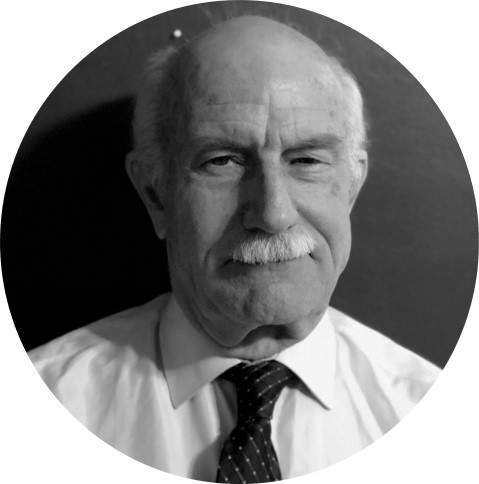
Bernard Stuetz
PA-C, MA
Bernard Stuetz, PA-C, MA is the Past President of the Society of Physician Assistants in Addiction Medicine and currently acting as Chief Delegate to the American Academy of PAs (AAPA) House of Delegates (HOD). He is also the Director for Federal Affairs. He has been a delegate to the AAPA HOD for 31 years. He was a member of the AAPA Recertification Committee in 2012, during which he recommended changes to the ten-year cycle requirements. As a delegate in the AAPA HOD, he was the lead advocate to change the re-certification cycle from six to ten years. He was the first PA to work in the White House on Health Care Policy from 1993 to 1995. Having practiced Addiction Medicine for 25 years, Mr. Stuetz currently works in an OTP and Buprenorphine practice.
No relevant financial disclosures

Matthew Tierney
APRN
Matt Tierney, APRN is a Nurse Practitioner and a Clinical Professor at the UCSF School of Nursing. He also serves as Clinical Director of Substance Use Treatment and Education for the Office of Population Health at UCSF Health. The focus of his career has been on improving essential addiction treatment delivery locally, regionally, and nationally. He is a Fellow of the American Academy of Nursing, where he serves on the Expert Panel on Psychiatric-Mental Health and Substance Use. Matt is also President-Elect of the American Psychiatric Nurses Association and represents APNA as a sponsoring member of the National Academies of Science Engineering and Medicine's Forum of Mental Health and Substance Use Disorders. He is an ASAM member who has been teaching waiver training courses since 2008. He has treated over 1,600 patients with buprenorphine and has worked in licensed Opiate Treatment programs providing all three FDA-approved medications for OUD treatment.
No relevant financial disclosures
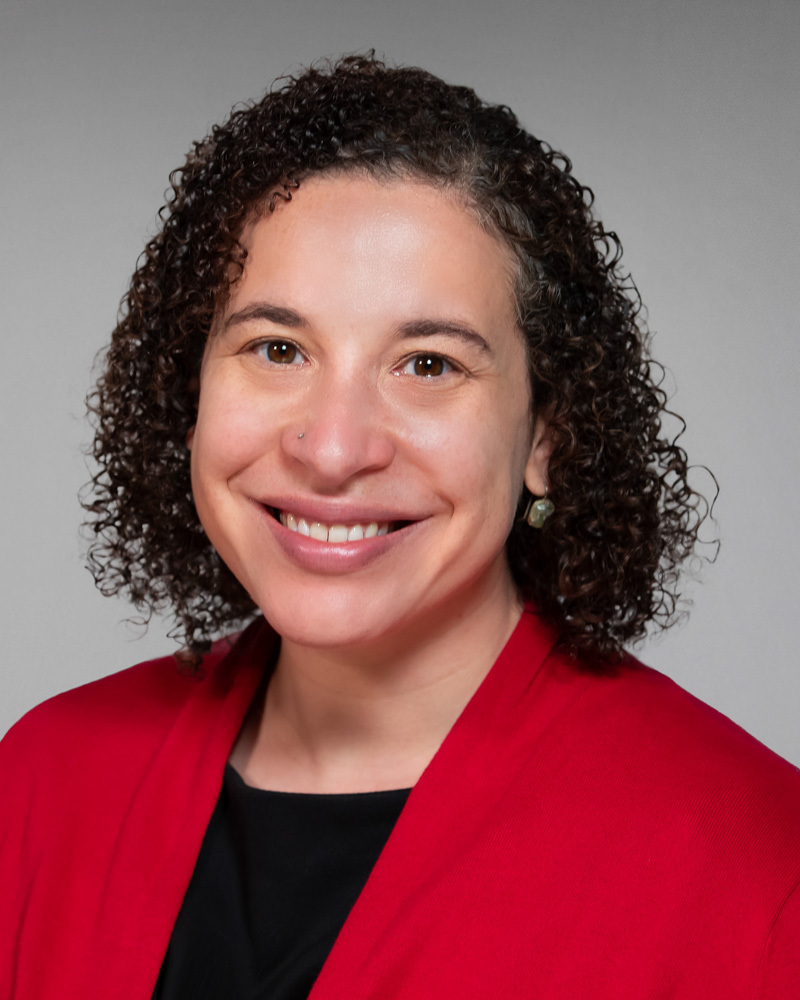
J. Deanna Wilson
MD, MPH
Dr. Wilson is an Assistant Professor of Family Medicine andCommunity Health at the University of Pennsylvania. Shereceived her MD from Yale University School of Medicine and trained in internalmedicine and pediatrics at the Johns Hopkins University School of Medicine. Shecompleted additional subspecialty training in both adolescent and addictionmedicine also at Johns Hopkins. Dr. Wilson's research interests include reducingsubstance use-related health disparities and building equity, with an emphasis oninnovative strategies to treat opioid use disorders in adolescent and adultpopulations. Her work includes integrating harm reduction into primary caresettings, developing low threshold models of care to improve engagement andretention of vulnerable populations, and improving engagement and retention ofadolescents and young adults in OUD treatment.
No relevant financial disclosures
CME, CE, CEU and Other Credit Types

ACCME Accreditation Statement
The American Society of Addiction Medicine is accredited by the Accreditation Council for Continuing Medical Education (ACCME) to provide continuing medical education for physicians.
AMA Credit Designation Statement
The American Society of Addiction Medicine designates this enduring material for a maximum of 8 AMA PRA Category 1 Credits™. Physicians should claim only the credit commensurate with the extent of their participation in the activity.
NAADAC, the Association for Addiction Professionals
This activity has been approved by the American Society of Addiction Medicine, as a NAADAC Approved Education Provider, for educational credits. NAADAC Provider #295, ASAM is responsible for all aspects of the programming.
American Association of Nurse Practitioners (AANP)
This activity is approved for 8.0 contact hour(s) of continuing education (which includes 6.75 hours of pharmacology) by the American Association of Nurse Practitioners. Activity ID 21075052. This activity was planned in accordance with AANP Accreditation Standards and Policies
American Academy of Physician Assistants (AAPA)
This activity has been reviewed by the AAPA Review Panel and is compliant with AAPA CME Criteria. This activity is designated for 8 AAPA Category 1 CME credits. Approval is valid from 6/10/2021 to 7/31/2023. PAs should only claim credit commensurate with the extent of their participation. AAPA reference number: CME-200882.
California Association for Drug/Alcohol Educators (CAADE)
This educational program is approved by CAADE: #CP40 999 1225.
California Association of DUI Treatment Centers (CADTP)
This educational program is approved by CADTP: #205.
California Consortium of Addiction Programs and Professionals (CCAPP)
This educational program is approved by CCAPP: #OS-20-330-1224.
Continuing Education Credits (CEUs)
Non-physician participants will receive a certificate of attendance upon completion of the activity and an online evaluation confirming their participation. Participants should submit his/her certificate of attendance to their professional organization/institute.
Maintenance of Certification
American Board of Preventive Medicine (ABPM)
The American Board of Preventive Medicine (ABPM) has approved this activity for a maximum of 8 LLSA credits towards ABPM MOC Part II requirements.
American Board of Anesthesiology (ABA)
This activity contributes to the CME component of the American Board of Anesthesiology’s redesigned Maintenance of Certification in Anesthesiology TM (MOCA®) program, known as MOCA 2.0®.
American Board of Pediatrics (ABP)
Successful completion of this CME activity, which includes participation in the activity, with individual assessments of the participant and feedback to the participant, enables the participant to earn a maximum of 8 MOC points in the American Board of Pediatrics’ (ABP) Maintenance of Certification (MOC) program. It is the CME activity provider’s responsibility to submit participant completion information to ACCME for the purpose of granting ABP MOC credit.
American Board of Internal Medicine (ABIM)
Successful completion of this CME activity, which includes participation in the evaluation component, enables the participant to earn up to 8 Medical Knowledge MOC points in the American Board of Internal Medicine’s (ABIM) Maintenance of Certification (MOC) program. Participants will earn MOC points equivalent to the amount of CME credits claimed for the activity. It is the CME activity provider’s responsibility to submit participant completion information to ACCME for the purpose of granting ABIM MOC credits.
American Board of Surgery (ABS)
Successful completion of this CME activity, which includes participation in the evaluation component, enables the learner to earn credit toward the CME and/or Self-Assessment requirements of the American Board of Surgery’s Continuous Certification program. It is the CME activity provider's responsibility to submit learner completion information to ACCME for the purpose of granting ABS credit
American Board of Psychiatry and Neurology (ABPN)
Successful completion of this CME activity can be used to satisfy the American Board of Psychiatry and Neurology’s (ABPN) CME requirement for Maintenance of Certification program.
American Board of Addiction Medicine (ABAM)
Successful completion of this activity can be used to satisfy the American Board of Addiction Medicine (ABAM) for Tmoc as credits towards ABAM LLSA Part II requirements.
Acknowledgement
This content has been made available in part by a small unrestricted educational grant from Indivior. No input or influence from Indivior, was included in the development of the educational content. As an ACCME Provider, ASAM follows the ACCME Standards for Integrity and Independence for Accredited Continuing Education stating that owners and employees of ineligible companies are excluded from participating as planners or faculty, and must not be allowed to influence or control any aspect of the planning, delivery, or evaluation of accredited continuing education.
Disclosure Information
In accordance with disclosure policies of ASAM and the ACCME, the effort is made to ensure balance, independence, objectivity, and scientific rigor in all CME/CE activities. These policies include mitigating all relevant financial relationships with ineligible companies for the Planning Committees and Presenters. All activity Planning Committee members and Presenters have disclosed relevant financial relationship information. The ASAM CE Committee has reviewed these disclosures and determined that the relationships are not inappropriate in the context of their respective presentations and are not inconsistent with the educational goals and integrity of the activity.

